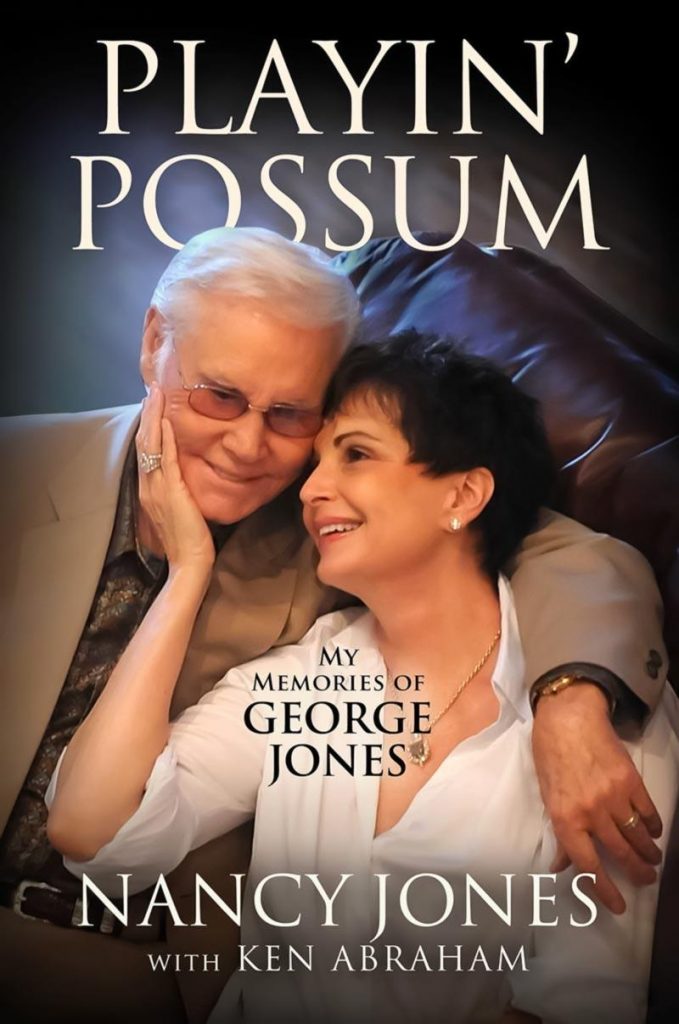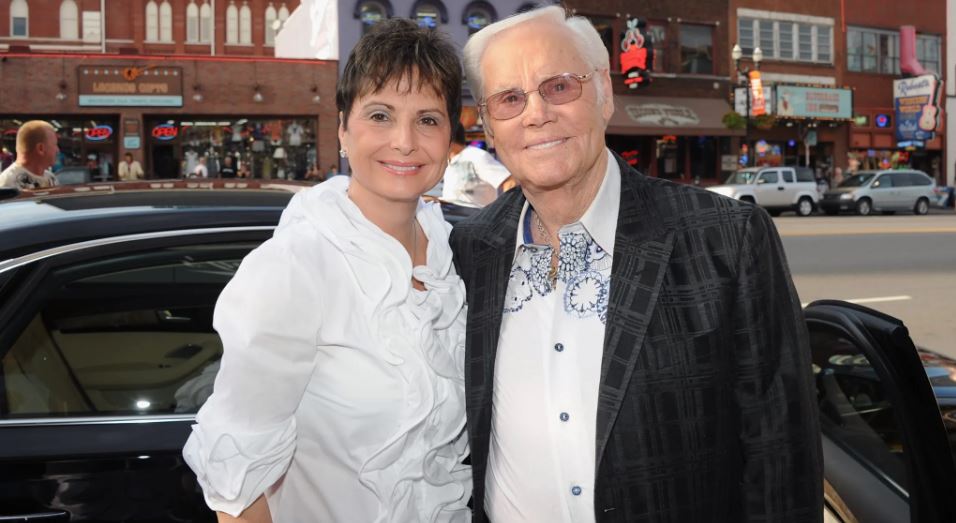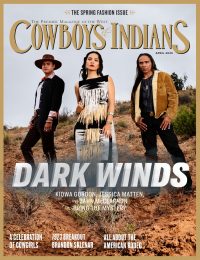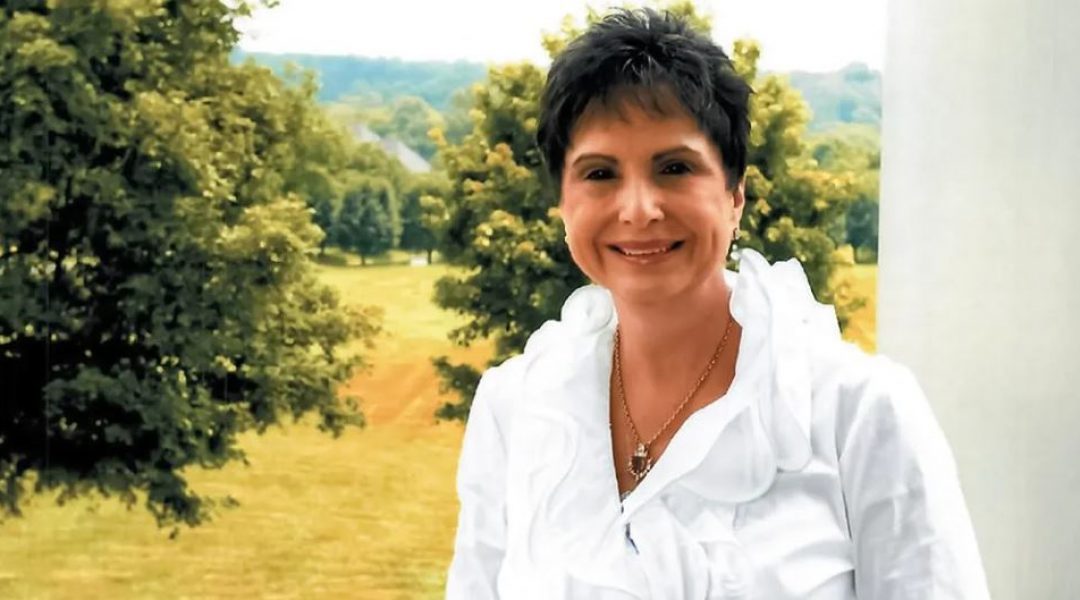The widow of the legend shares stories about times good and bad in her unvarnished memoir.
If you’re looking to find a last-minute Christmas gift for the country music fan on your list — or you simply want to gift yourself with an up-close and personal view of the late, great George Jones — I recommend Playin’ Possum: My Memories of George Jones, the deeply affectionate yet uncompromisingly honest memoir written by the country music icon’s widow, Nancy Jones, in collaboration with author Ken Abraham.
The book is an illuminating account of Nancy’s 30-year-marriage to the legend known far and wide as Possum, covering everything from his repeated battles with booze and drugs — yes, you can read here about his infamous use of a riding lawnmower to reach a liquor store — to his personal and professional comebacks in the later decades of his life. Nancy repeatedly refuses to look back through rose-colored glasses, revealing instances of abusive behavior and describing periods when George’s erratic appearances for concert dates earned him the nickname “No Show Jones.” But she also writes (with Abraham) about the good times, and shares stories that are suggest George had guardian angels on his side when they were most needed.
A case in point: George performed on the same bill with the legendary Patsy Cline in 1963 for what turned out to be the final concert of Cline’s career. It was March 3, 1963, in Kansas City, and Cline — who preferred to wait until after her performances before enjoying heavy meals — had a plate of fried chicken waiting for her back in her dressing room. At least, it was waiting for her until Jones, drunk and famished, helped himself to the meal while Cline was on stage. When she later found out what he had had done — well, she was not amused.
As Nancy recalls in Playin’ Possum: “Patsy knew every cuss word ever created, and she spewed a litany of them at George, calling him every dirty, despicable name she could think of.” George was unimpressed. He told Nancy years later: “I just stood there grinnin’ at her. I’d eaten her chicken. My belly was full and I was ready to sing.”
But he stopped smiling when Cline told him that, in retaliation for his pilfering of her poultry, he would not be allowed to fly with her back to Nashville. That punishment, however, turned out to be a heavily disguised blessing: George was not on board when, two days later, Cline and others traveling with her were killed when the plane in which they were traveling crashed while enroute to Music City.

Nancy shares many other stories about the times George diced with death, beat the reaper, and savored his successes, in Playin’ Possum. She and her collaborator Ken Abraham recently talked with me about the book. Here are some highlights from our conversation, edited for length and clarity.
Cowboys & Indians: Would you say that George Jones is the only man who ever cheated death by eating fried chicken?
Nancy Jones: [Laughs] I definitely would say that.
Ken Abraham: He may not be the only one, but he sure did it in a significant way, didn't he? Most people in country music had never heard that story before Nancy told it in the book. So I think a lot of people are going to be amazed by that.
C&I: So Ken, how did you get Nancy to trust you to help tell her stories?
Ken: Well, I had to give her a lot of money.
Nancy: Not so!
Ken: No, we actually met whenever I was working on Randy Travis’ book, Forever and Ever, Amen. And a lot of great stories in Randy’s book came from Nancy Jones. And we were talking about his relationship with George Jones, and Randy’s love for George and George’s love for Randy. And I think — and I don’t want to put words in Nancy’s mouth — but I think, first of all, we struck up a good friendship. But more than that, when that book came out, she saw her words in print the way she said them, not the way some reporter twisted them or made them into some story that wasn’t true. It was Nancy Jones telling the truth. So when it came time to tell the truth about George, I think maybe Nancy might’ve thought of me.
Nancy: Oh, I know I did. I know I did.
C&I: Nancy, I can understand if your own brush with death due to Covid two years ago might have pushed you toward finally telling this story. That you wanted to maybe not settle accounts, but get the record straight. How difficult, though, was this for you once you started working on the book? Were there things you were forced to remember that maybe you didn’t want to remember?
Nancy: Well, you could say that I did die. I had no pulse whatsoever, and I saw the beautiful bright light, and I was in ICU for months and months, and I lost all of my hair. I lost use of 70 percent of my lungs due to a fungus that set in that took them too long to find, and I got down to 92 pounds. So when you’re in the hospital that long, you start thinking of things. And you’re like, you know what? I could have died. But God brought me back for a reason. And I think it was to tell the truth of George Jones. There’s just so much out there that’s not true. And there is a lot that might be halfway true, but I wanted the real truth out there for George’s fans. I think they deserve it, and that was what I wanted to do. So I would lay there and say, “Should I tell this? Should I tell that?” And then when I got with Ken, he made me feel so comfortable. I kept saying, “You think I should say that?” He said, “Nancy, you want to tell the truth? Let’s tell the truth.”
Ken: Yep. And it wasn't always easy, because some of those stories, as you know from the book, are pretty gut-wrenching. And it’s not easy to lay that back out on the table. Especially when it’s been covered up for a while and you’ve tried to heal from that. But sometimes those things are real fresh when you pull them back out.

C&I: Looking back, Nancy, did you ever think, “That’s the time I came closest to leaving him. I mean, I loved the man, supported the man, but this was almost a bridge too far.”
Nancy: No. I just feel like the good Lord was right there telling me, “You can do this. I give you the strength to do it.” And He did. And I feel like I got the man to heaven. That’s how I feel. I feel like I accomplished something. And I have to say, I am proud that I knew there was a great, great man in there that people did not know, and I did. So when you’re with somebody for 30 years — married to him, really 32 years with him — you know him so great and so good. You know things that nobody else knew. And I knew the good of George Jones.
C&I: When you were going through your recollections, your memories, were there things you’d almost forgotten about that actually made you laugh? Things that made you think, “Oh, gosh, I forgot about the time George did this. Oh, goodness.”
Nancy: There were so many things that he did do that would make you laugh. We’d be on the floor just rolling, laughing, us and the grandkids and everybody. And he’d be like, “What's wrong with y’all? What are y’all laughing at?” He was just a funny person, and the fans didn’t know that. I mean, all they had ever heard or seen was him on the stage. Or what they read about, oh, he got drunk last night, or he did this or that. They didn’t know the joy of this man. And that was what I wanted to put in this book.
Ken: I think the one thing that cracked me up the most was when Nancy and George were out looking for cemetery plots, long before George ever got sick. He didn’t want just one cemetery plot, as you know.
C&I: Oh, yes.
Nancy: We got, what, 68 of them?
Ken: 68.
Nancy: We got 68 plots. And I said, “George, we don’t need 68 plots.” He said, “Now, honey, I’m not going to be crowded out here.” And then when I was laughing, he got mad: “Why are you laughing?” I said, “George, you’ll be dead.” And he said, “I don’t care. I’m not going to be crowded out here.”
C&I: That certainly would make it a lot easier for his fans to find him. They wouldn’t have to go through a maze or anything.
Nancy: [Laughs] Oh, no. Wide open space, baby.
C&I: OK, I’m going to end with the hard question. And I know this is like asking someone to name their favorite child, but what’s your favorite George Jones song?
Nancy: Oh, that’s simple. My favorite George Jones song is “Walk Through This World with Me.”
Ken: And you know what? That’s kind of what Nancy wanted to do with the book. She wanted the fans to be able to walk through her world that she shared with George Jones, to walk through her world with her and share what she shared with George that they’ve never discovered. They’ve never been able to explore that part of George. And Nancy has been so vulnerable and willing to tell those stories. Now the fans get to walk through that world with George and Nancy. Really cool.
Nancy: They did not know the rollercoaster that I was going through with him because I didn’t share it before. I did not sugarcoat in this book…
C&I: Not at all.
Nancy: People can see what I went through, and how I got this man and all of these demons out of him. Me and the Good Lord and George Jones. It’s something that people would’ve never believed, what was going behind the scenes. So I did want them to know that, and know that there’s a God. God can help you in any way. And He did help me with George.
Ken: And we’re hoping that other folks will get inspiration and encouragement from this book. That they’ll say, “You know what? If God could do that for Nancy, if He could do that for George Jones, He might be able to do something for me.” And we know that He can.












